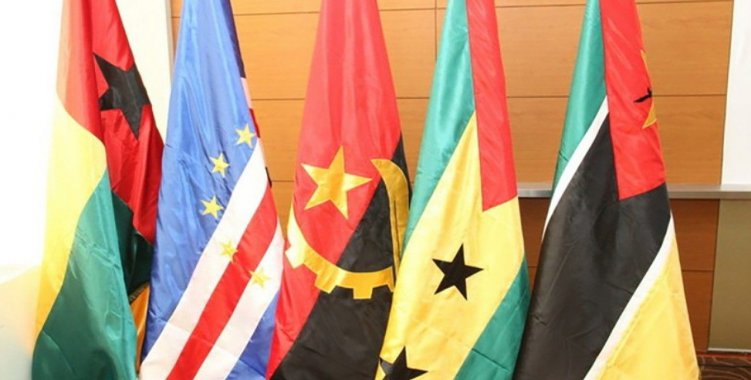In an interview with Lusa on the occasion of the 50th anniversary of the independence of the former Portuguese colonies in Africa, which is being celebrated this year, Sérgio Pimenta said that the Portuguese-speaking African countries (PALOP) should deepen "the possibility of thinking regionally and not just about the needs of their own country".
In other words, "a country with capacity in one area can train and qualify, thinking about others too", especially because "speaking the same language is important", he said in an assessment of the path taken by these countries over the last half century and what he believes they are, in some cases, or should be, in others, planning for the future.
"Cape Verde has experience in tourism, it could create a school but increase its teaching capacity to include Angola, Mozambique, Guinea-Bissau and São Tomé and Príncipe, which have strong tourism potential", exemplified the former IFC leader for Africa.
In the interview with Lusa, Sérgio Pimenta argued that the model could be replicated for the agricultural sector and Information and Communication Technologies (ICT), where the Portuguese-speaking archipelago wants to specialize and become a reference on a continental level.
Another example cited was Angola and its existing knowledge in the area of mineral exploration, as it is the second largest oil producer in sub-Saharan Africa, pumping around one million barrels per day, and also has experience in creating a business environment that attracts foreign oil companies.
It could therefore launch training courses not only for local youth, but also for interested people from Southern Africa, particularly Mozambique, which has enormous gas reserves, mainly in the north of the country, which should begin to be explored on a massive scale from the end of the decade.
More generally, he said, "it is very important that the education sector leadership thinks about what Africa needs, and not just about the diplomas that (young people) have, because the region's agricultural potential is enormous, and there are not enough institutions specialized in African products, and this is still a legacy of the colonial period," he said.
To emphasize the importance of training in areas with development potential, the former IFC regional director for East Asia and the Pacific gave the example of Asia, where countries, even in the last millennium, imported rice before investing in institutes to study the scientific production of this cereal, and then became exporters.
In the interview with Lusa, Sérgio Pimenta also highlighted the importance of infrastructure and education for developing the continent, giving the example of Angola, despite its enormous agricultural potential, facing difficulties in distributing products due to the lack of routes to take production abroad.
"In Angola, one of the most sustainable sectors is agriculture, and one of the difficulties the country has is the lack of infrastructure, because the fields are far from the cities and it is necessary to travel along rural routes to bring the products from where they are planted to the big cities to be exported," he said.
"What we have to look at is where the potential is and what is lacking to develop it, it could be infrastructure, training or human capital, but whatever it is, it needs to be worked on to sustain development," highlighted the former head of Africa at the IFC.







